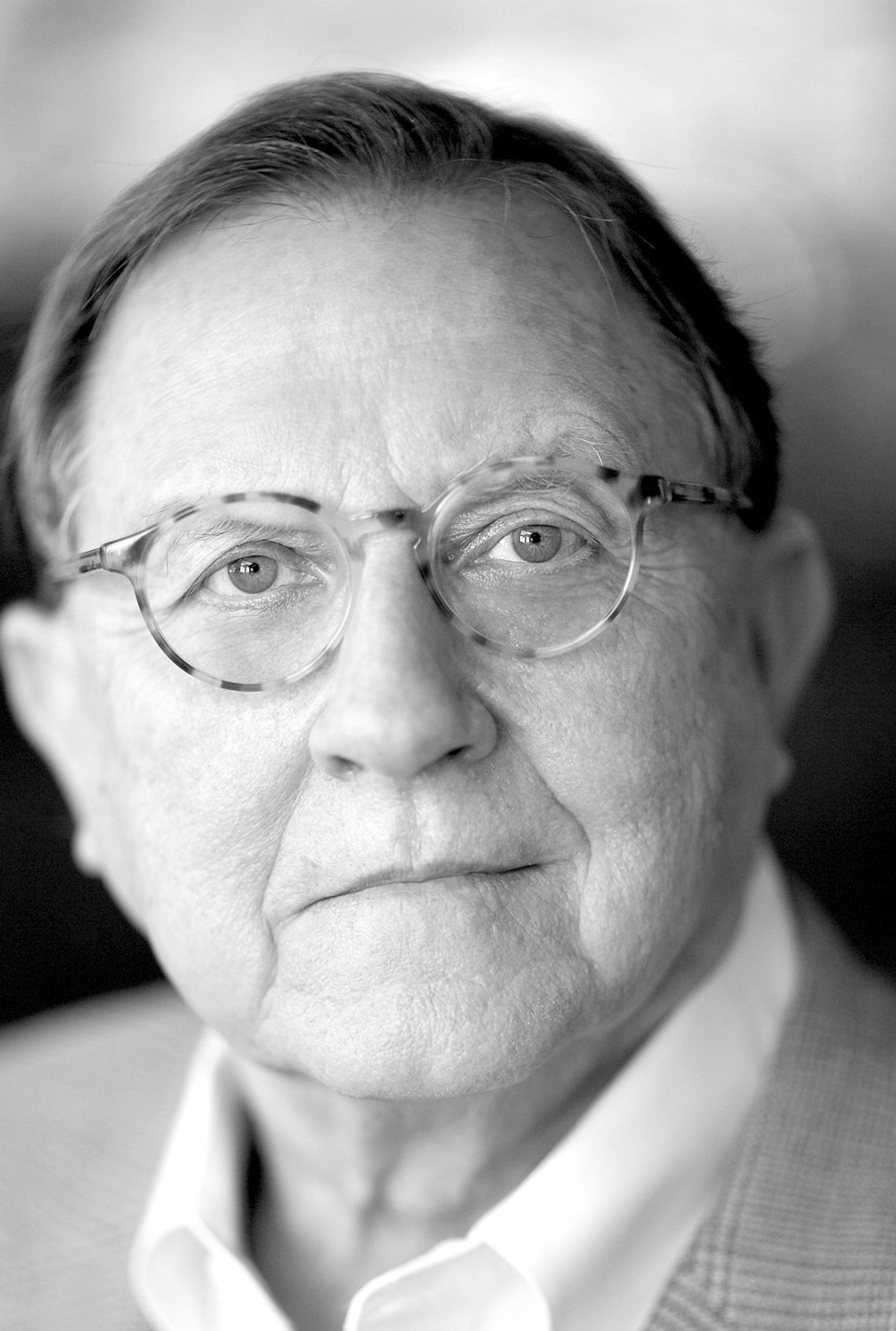Lutheran minister, Dietrich Bonhoeffer, confronted the evils of Nazi Germany and the terrors of a dark and sinister age. He was an inspiring preacher, author, lecturer, and finally a conspirator in the 1944 plot against Adolf Hitler.
Following World War II, his sermons, books, and writings, his moral leadership and martyrdom at the hands of the Gestapo, were recovered and praised. They became of widespread influence among Christians and Non-Christians alike.
Theologian Reinhold Niebuhr said: “The story of Dietrich Bonhoeffer is worth recording because it belongs to the modern Acts of the Apostles.”
Bonhoeffer was born on February 4, 1906. He was one of eight siblings in a family of educated, professional, cultured Germans that traced its origins to the 16th century. Family elders emphasized a “great historical heritage,” ethical standards and unbending upright conduct.
A devout Christian from early age, Bonhoeffer received a doctorate in theology in 1927 from Humboldt University of Berlin. He then began his career as a local pastor.
Five years later, on January 30, 1933, Adolf Hitler became chancellor of Germany. His oneparty, fascist regime promptly crushed all political opposition. The Nazis also began their persecution of the Jews.
Meanwhile, Bonhoeffer’s spiritual beliefs deepened and strengthened. The subject is too involved for full treatment here.
However, this much is clear: His Christianity, became rooted in the Word of God as revealed in Christ’s teachings. Those dialogues, he determined, urged Christians to live a costly discipleship in the real world. They urged rejection of cheap grace and a liberal theology. They promoted adoption of social responsibility and ethical action.
Bonhoeffer’s Christianity emphasized the Sermon on the Mount, together with Jesus’s extreme suffering on the cross. He preached belief must be lived — not just envisioned.
As Hitler’s grip on Germany tightened, Bonhoeffer foresaw the disaster overtaking the country. In particular, he was alarmed at the growing persecution of the Jews. Few pastors spoke out against it. Bonhoeffer was among those who did.
A schism arose between protestant pastors who accepted Hitler and the minority — about 28 percent-— who opposed him.
Bonhoeffer became an outspoken leader of the minority. He and a fellow dissident collaborated in forming the Confessing Church that aligned against Hitler. The new denomination held that Jesus Christ, and not Adolf Hitler, was spiritual head of the church.
The Lutheran minister became increasingly critical of the Nazi regime’s racial policies. For two years he traveled across Germany conducting secret seminars. The Gestapo placed him under surveillance. In 1938 it banned him from Berlin.
As the tide of war turned against Germany, Bonhoeffer became convinced Hitler was destroying the nation. He made secret contact with a small group of army officers plotting to either remove or assassinate the leader. Although he remained a minor participant, he was arrested in April 1943 and incarcerated for the duration of the war.
With much of Germany reduced to rubble, and her defeat and surrender only weeks away, Bonhoeffer was subjected to a lengthy trial on the night of April 9, 1945. He and other conspirators were sentenced to death. At Flossenburg Concentration Camp the next day, all were executed with extreme cruelty. The Nazis then attempted destruction of all traces of Bonhoeffer’s existence.
(Sources: The Cost of Moral Leadership, Geoffrey B Kelley; Bonhoeffer: pastor, martyr, spy, Eric Metaxas; Wikipedia: “Dietrich Bonhoeffer.)









